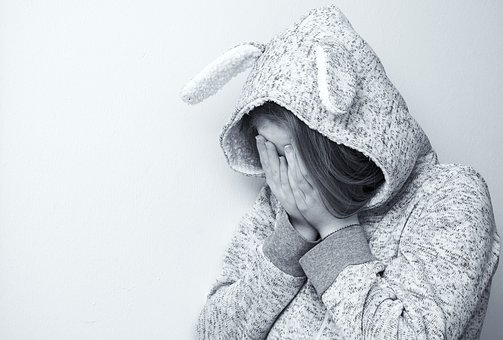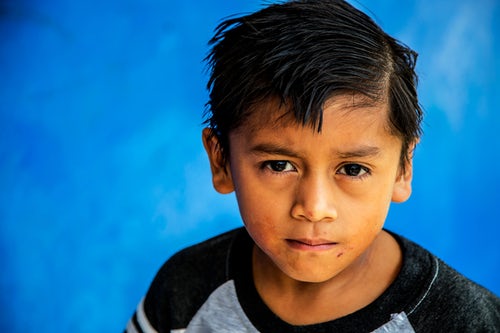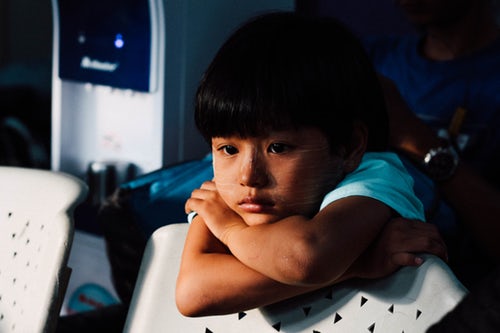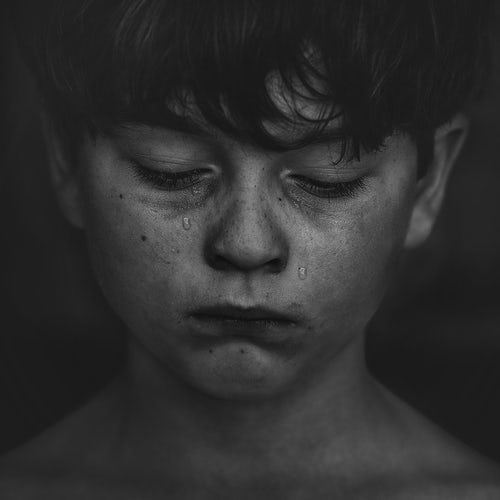Warning Signs Your Child Is Being Bullied
Some children who are victims of bullying may not always report the behaviour to parents or teachers. They may feel ashamed, helpless, or fear backlash from others at school or in the community. Whatever their reason for keeping this serious situation to themselves, bullying is a serious problem that can lead to physical and psychological stress.
As a parent, it is worrisome to learn your child is being bullied. If you suspect your child is a victim of abuse, here are some warning signs to consider:

- Lost items
Little items like pencils, books, and small toys that your child usually carries may go missing with regularity. While lost belongings are commonplace among small children, if you recognize a pattern and your child seems evasive when asked where the item was lost, you may wish to look for other behaviours indicating they are being harmed.
- Torn clothes
Parents may find tears and cuts on clothes that aren’t the result of regular playground or sports activity.

- Unexplainable injuries
Parents may find regular cuts or bruises sustained during school time. Bullied children may also lie about how they received the injuries.
- Withdrawn behaviour
If your child usually has a dynamic personality but becomes socially withdrawn or distant, there may be social problems at school.

- Declining grades
Children who are bullying targets can have a significant drop in their academic performance. They may also be less focused on homework and show little resistance to attending class.
- Change in eating habits
Binge eating or skipping meals can be a sign of bullying. If another child takes their lunch, it can affect their energy. If they are sad because of harassment, they may lose appetite.

- Illness
Bullied children may try to avoid going to school by faking an illness. They may also legitimately experience sick feelings and physical pain because of changes to eating habits and/or anxiety.
- Low self-esteem
Children who suffer from low self-esteem may shut themselves in their rooms or express feelings of inadequacy.
- Self destructive behaviours
Bullied teenagers may find negative outlets to express frustration; self-destructive habits like smoking, drinking, and self-harm may materialize.

If you suspect your child is being bullied, encourage communication by creating an open and honest atmosphere in your household. Instead of berating a child for not immediately sharing problems, express understanding. Talk to teachers or school administrators and make an agreement to address the situation and closely monitor child behaviour. If you know the bully, contact his/her parents and work together to resolve the issue. Often, bullies are hurting, too, and acting out. Be kind to the parents. They may be unaware of the problem, and anger will not resolve the situation.
Children needn’t suffer alone. If you’re located in Windsor, Ontario, Wendy Limarzi’s clinic offers counselling services for children who have been bullied. Help your child be resilient; call us today at (519) 253-1519.
